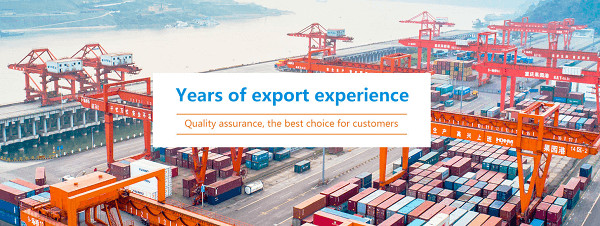Vacuum coating equipment and thin film solar cell industry
In the vacuum coating equipment and thin film solar cell industry, in 2007, the international thin film solar cell market share increased from 8.2% in 2006 to 12% in 2007, and reached 15%-20% in 2008. With the further improvement of battery conversion efficiency and the cost advantage of large-scale production, its market share has room for further improvement. Thin-film solar cells have also become a new investment hotspot in the domestic photovoltaic field after solar module heat and polysilicon heat. Compared with crystalline silicon batteries, the potential for cost reduction of thin-film batteries is much greater, which is mainly due to the rapid technological progress of thin-film solar cells. It is estimated that the future production capacity of thin-film solar cells may reach 20% of the entire solar industry, and there is a lot of room for development. The development of thin-film solar cells is now facing technological breakthroughs. There are many physical methods, such as vacuum coating machine ion beam method to deposit nanocrystalline silicon thin film technology. If domestic enterprises can improve in this area, it will be very promising.
vacuum coating machine,pvd coating machine,pvd vacuum machine,vacuum ion coating machine,multi-arc ion coating machine
From a cost perspective, thin-film solar cells in the future have obvious advantages over crystalline silicon cells, and have obvious alternative advantages over conventional energy sources such as thermal power. With the gradual increase in the proportion of the photovoltaic industry in the global energy, the vacuum coater thin-film solar cells will develop rapidly under the impetus of large-scale photovoltaic power plants, BIPV and other applications. However, different vacuum coater thin-film solar cells have their own shortcomings, or low conversion efficiency, or environmental safety problems, and some have the problem of scarcity of raw materials resources. These problems also need to be solved one by one after the industry gradually forms a scale.
After all, thin-film solar cells are in the early stages of development and are faced with multiple constraints, such as process maturity, lack of professional and technical personnel, lack of mature equipment manufacturers, and some issues such as process technology patent rights. But there is every reason to believe that thin-film solar cells are about to usher in rapid growth. Semiconductor equipment suppliers with strong R&D capabilities have entered the field of silicon-based thin-film solar cell equipment supply. The rapid rise of thin-film solar cell equipment suppliers has played an important role in promoting the rapid development of the industry.
Experts in the industry believe that, in fact, the thin-film solar cell industry is closer to the semiconductor industry in terms of process technology. A large number of processes involve vacuum coating equipment coating technology. The coating technology level of vacuum coating machine and the deposition rate of vacuum coating equipment directly affect product yield and production efficiency. , Which indirectly affects profitability. The support of strong equipment suppliers not only contributes to technological improvement and progress, but also contributes to the formation of scale. Vacuum coating machine manufacturers believe that in addition to the maturity of the technology process and the active investment of equipment manufacturers, the safety and material availability of thin-film solar cells are also another important reason for long-term optimism.
Zunhua Baorui Titanium Technology Co., Ltd. is a well-known vacuum coating manufacturer, specializing in the manufacture of various vacuum coating equipment, providing industry customers with customized process solutions and coating equipment.


